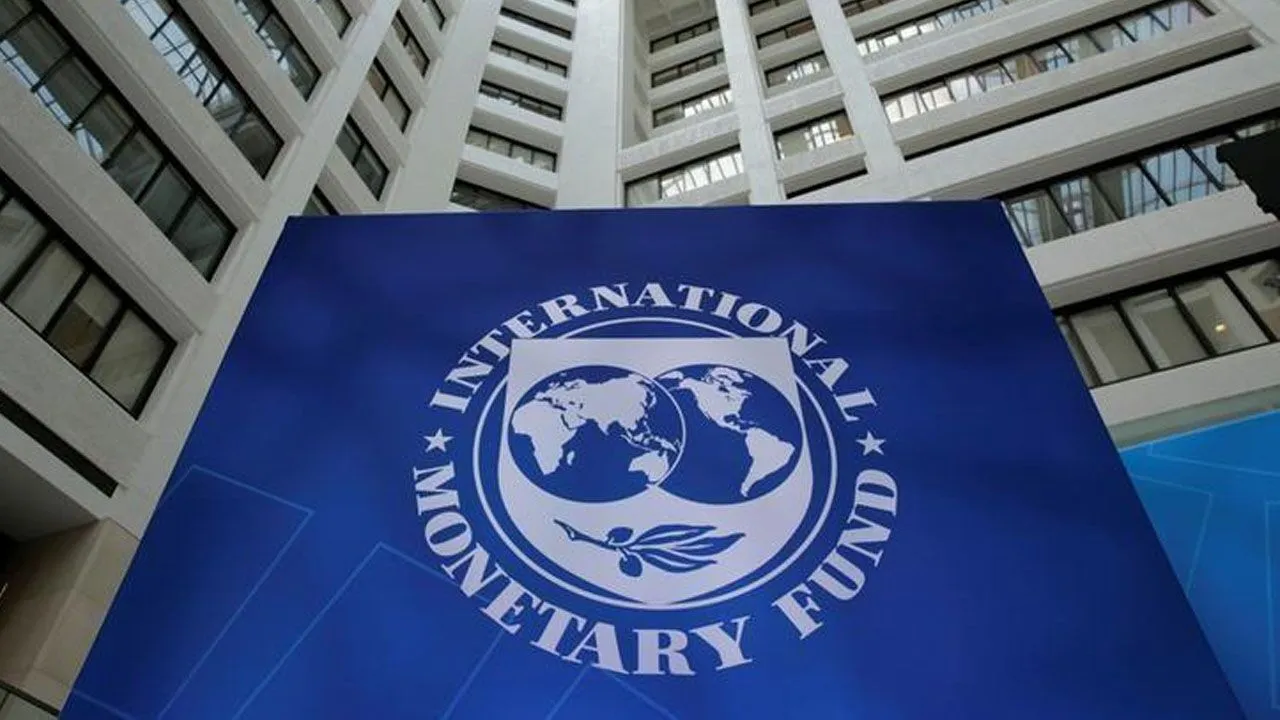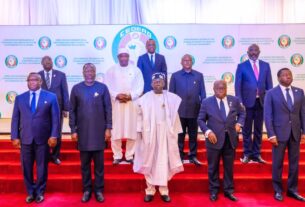International Monetary Fund (IMF) has revealed that Nigeria can repay its $2.82 billion debt to the Washington-based institution following recent reforms.
The explanation followed conclusion of its Executive Board’s Post Financing Assessment with Nigeria.
“The Executive Board of the International Monetary Fund (IMF) concluded the Post Financing Assessment (PFA) and endorsed the Staff Appraisal on a lapse-of-time basis. Nigeria’s capacity to repay the Fund is adequate,” the board said.
Africa’s most populous nation’s debt stock as of September 2023, according to the Debt Management Office (DMO) was $114.35 billion or N87.9 trillion.
External debt was $41.59 billion or N31.98 trillion, while domestic debt stood at $72.76 and N55.93 trillion.
Precisely, the nation owed the IMF $2.82 billion during the period.
But there have been worries that the government may not be able to service its debt obligations.
Similarly the lender, in a detailed assessment, listed Nigeria’s economic challenges to include stalled per-capita growth, high poverty levels and significant food insecurity amid ongoing reforms.
A statement from the IMF reads: “Like many other countries, Nigeria faces a difficult external environment and wide-ranging domestic challenges. External financing (market and official) is scarce, and global food prices have surged, reflecting the repercussions of conflict and geo-economic fragmentation.”





